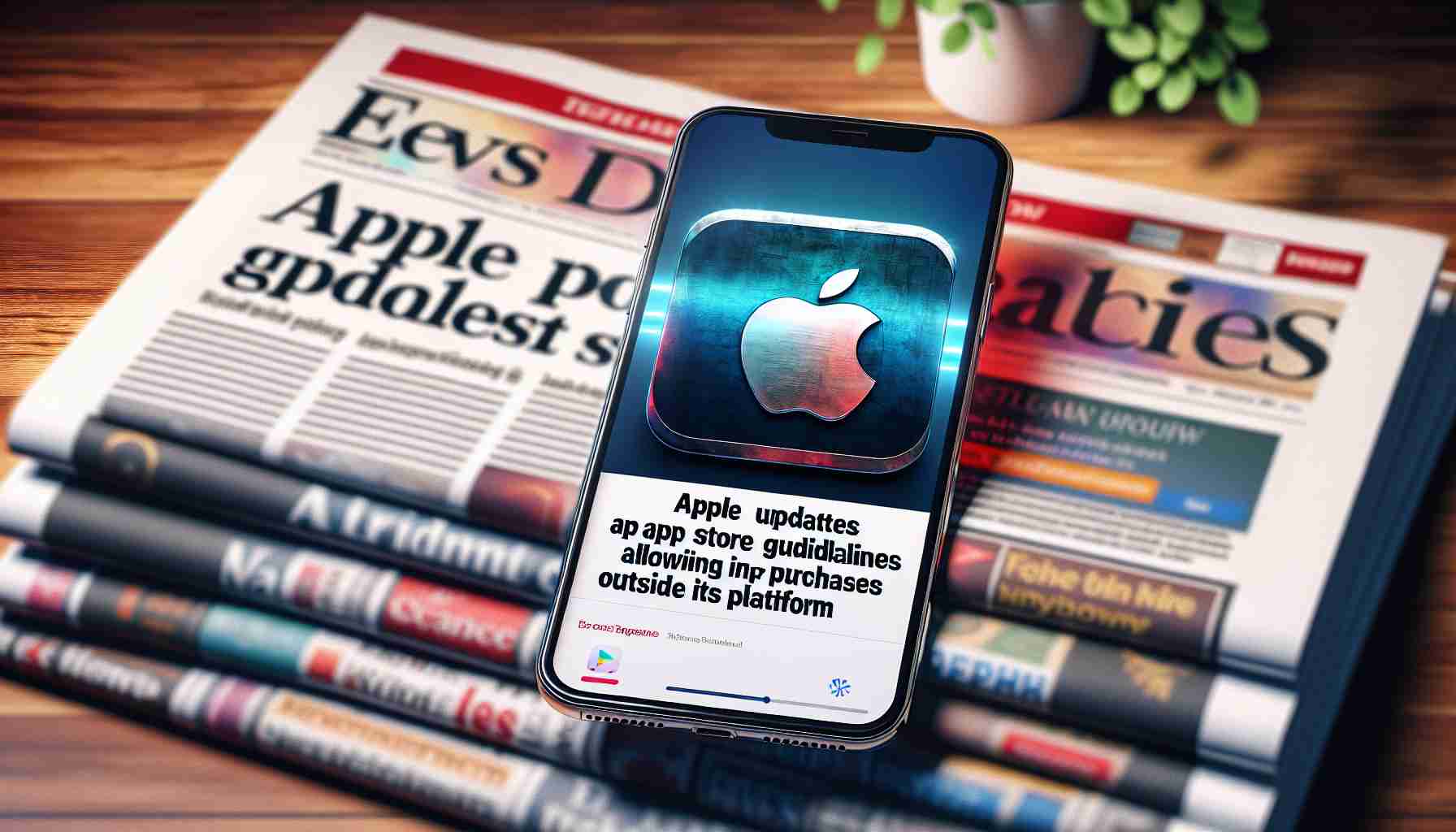Apple recently made updates to its App Store guidelines, giving developers the option to offer in-app purchases for iOS apps outside of the App Store. However, this move has not been well-received by one of Apple’s biggest critics, Spotify. While developers can now provide links to third-party purchase options, they are still required to pay Apple fees of either 12% or 27%. Spotify criticized these new rules, accusing Apple of protecting its profits at the expense of developers and consumers.
Epic Games CEO Tim Sweeney also expressed discontent with the changes, calling them part of a “bad-faith compliance plan” and labeling the revised fees as “anticompetitive.” These updates come after the US Supreme Court rejected Apple’s appeal to allow third-party payment options for app purchases, a case initially filed by Epic Games. The court also upheld Apple’s violation of California’s Unfair Competition law by not permitting developers to offer their own payment options.
The Ninth Circuit Court of Appeals further ruled that Epic failed to establish Apple’s App Store as a relevant market, but affirmed that Apple violated California’s Unfair Competition law. As a result, Apple was ordered to allow developers to include pathways for in-app purchases outside the App Store. However, Apple still requires developers to pay a fee for this privilege, with smaller businesses being charged 12% and larger developers being charged 27%.
To implement a third-party payment option, developers must include a disclosure sheet informing users that Apple is not responsible for the privacy or security of purchases made on external websites. These recent updates to the App Store guidelines have sparked controversy, both domestically and internationally. Apart from its ongoing battle with Epic Games and Spotify, Apple is also appealing the European Commission’s Digital Markets Act (DMA) and facing a potential antitrust suit from the US Department of Justice.












